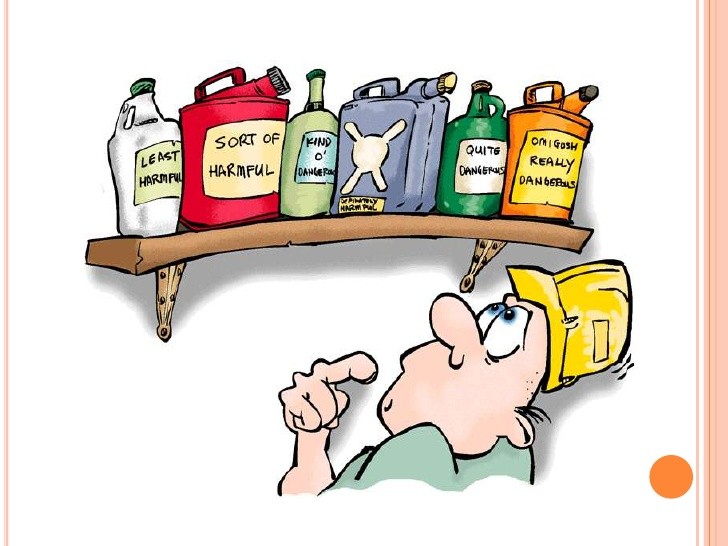Leave a Comment:
1 comment
[…] Cardiac Risks for Elderly Breast Cancer Patients Taking Herceptin […]
Reply
A new study demonstrates that Herceptin (trastuzumab) increases the risk of heart problems in breast cancer patients aged 70 to 92. It is a significant increase of 33% for those who with a history of heart disease as well as for those with diabetes.
About 25% of women with breast cancer have either too many copies of the HER2 gene or too many HER2 receptors. Before Herceptin these woman had a poorer survival prognosis than many women without the HER2 problem.
The potential cardiac toxicity of Herceptin has been known for years, although for most women the chances of such toxicity are considerably less than 33%. It can be risky to take Herceptin. It is also risky for those with advanced HER2 positive breast cancer to not take Herceptin.
There are three tests used to determine HER2 status. It is important to be certain that you might respond to Herceptin before taking it. Because of the known cardiac risks I would want to be certain that I was getting the right diagnostic tests and using the best labs to access my HER2 status.
I was diagnosed with a blood cancer called multiple myeloma in early 1994. I underwent several cardio-toxic chemo regimens during my induction, ASCT and cytoxan treatments. I was diagnosed with chemotherapy-induced cardiomyopathy in late 2010- fully 15 years AFTER my cardio-toxic chemo.
Long-story short, I have managed my heart damage without conventional medications since 2010 with stable or improving metrics including ejection fraction, heart rate, blood pressure, etc.
I exercise moderately, eat a heart healthy diet, don’t drink alcohol (well…3 glasses a wine a week…), supplementation with CoQ10, curcumin, resveratrol, Omega-3 fatty acids, and more.
I am both a cancer survivor and cancer coach. If you are going to take Herceptin please consider adding those evidence-based therapies that can protect your heart such as CoQ10, magnesium and others. To learn more please scroll down the page, post a question or comment and I will reply to you ASAP
Thank you,
David Emerson
“The globally increasing incidence of cancer and its associated mortality has become a main challenge for humankind. This problem is more serious in developing countries, like Iran. Among different malignancies affecting people, breast cancer continues to be a main and worldwide cause of morbidity and mortality (1).
Parallel to the increasing cancer burden in the modern world, there have been notable progresses in the management and therapy (either medical or nonmedical) of malignancies including breast cancer, leading to a significant increase in the number of survived patients. This necessitates a close follow-up of such patients after their initial management (2). Patients with cancer face daily problems, some of which are difficult to overcome.
Among these are possible complications associated with their chemotherapeutic regimens, particularly cardiovascular issues (3).
Cardiotoxic nature of drugs used for the management of patients with cancer puts them at risk of numerous life-threatening cardiovascular events, like
Factors including cumulative drug doses, mediastinal radiation, rate of drug administration, younger age, advanced age, female gender, hypertension, and preexisting heart diseases are the recognized risk factors for developing early (within one year, but not acute) and late chemotherapy-induced cardiotoxicity (Table 1) (4)…”
“Elderly breast cancer patients are usually excluded from clinical trials. Nevertheless, with the increasing use of trastuzumab, there is a need to address trastuzumab-related cardiotoxicity in this population…
Conclusion:Elderly breast cancer patients with a history of cardiac disease and/or diabetes treated with trastuzumab have an increased incidence of cardiotoxicity. Continuous cardiac monitoring is especially advised in this population.”
“A small study suggests that women 70 and older who have existing heart problems or diabetes are more likely to develop heart problems if treated with Herceptin (chemical name: trastuzumab) for breast cancer…
About 70% of all breast cancers are diagnosed in women older than 65. This study suggests that the risk of Herceptin-related heart damage is higher than doctors thought for older women.
If Herceptin is or will be part of your breast cancer treatment plan, ask your doctor about this study, especially if you’re older than 65…”
[…] Cardiac Risks for Elderly Breast Cancer Patients Taking Herceptin […]
Reply